 “People think focus means saying yes to the thing you’ve got to focus on. But that’s not what it means at all. It means saying no to the hundred other good ideas that there are. You have to pick carefully. I’m actually as proud of the things we haven’t done as the things I have done. Innovation is saying no to 1,000 things.”
“People think focus means saying yes to the thing you’ve got to focus on. But that’s not what it means at all. It means saying no to the hundred other good ideas that there are. You have to pick carefully. I’m actually as proud of the things we haven’t done as the things I have done. Innovation is saying no to 1,000 things.”
– a famous guy called Steve.
On the other hand, we’ve all heard this counsel before – ‘diversify your risks’ by offering more products and services, crossing industry boundaries, and setting out to claim new conceptual ground.
That may be something a Fortune 500 company has to eventually do to grow (although looking at the success of Crystal Pepsi or the McPizza one has to wonder), it is not the best path for companies smaller in size, looking to carve a path and differentiate themselves in their respective industries. The path to Mastery & Purpose begins with the difficult task of saying ‘no’ to a lot of things – to almost all other opportunities, in fact.
Why?
We can be good at many things, but GREAT at only one.
As John Warrillow points out here, the common string between innovative companies like Vitamix, WhatsApp and (I would add one of my favorites) Dyson, is that they specialize in one main thing. They live it, breathe it, become it and then innovate it.
Let’s frame it another way – in the brilliant book SmartUps, Rob Ryan asks every leader to develop their ‘Sunflower’ Model.
 The core competency of the company, the centre of the flower should sprout and support the petals, which are the products and services that are offered to the marketplace. However, it is the stem (the underlying premise of why you exist) that makes everything else work. Cut the stem, and the rest stops thriving as well.
The core competency of the company, the centre of the flower should sprout and support the petals, which are the products and services that are offered to the marketplace. However, it is the stem (the underlying premise of why you exist) that makes everything else work. Cut the stem, and the rest stops thriving as well.
Many companies lavish their attention on the pretty flower, while the all-important stem lies undernourished. This is the path of failure.
Understanding Your Stem
At Heartwood, we have faced this issue first-hand and had to make difficult decisions to make sure our stem was supported.
The technology we use – 3D Interactive Training/Learning – is quite ubiquitous in its application. Since it can be used to interact with virtual objects and to practice many processes, the use cases are almost limitless. In Heartwood’s Sunflower Model, the center or core competency is 3D Interactivity and gaming technologies, while the stem is the ambitious goal to revolutionize Operations & Maintenance training.
While it’s uplifting to master a technology with wide-spread application, it does come with a downside that may not (on first glance) appear to be a downside at all: Inter-applicability. And the downside is that we often find ourselves having to say no when we really want to say yes.
Staying True To Your Stem
Every quarter, we get opportunities to be involved in lucrative contracts that would easily fall within our core competency (centre), but take us away from our overarching goal (stem). Sometimes the difference is apparent and sometimes quite subtle.
Here are two real life examples illustrating the dilemma and how we thought through the process:
1. Developing 3D Interactive Apps for education (schools and K-12)
Although the potential was massive, we shied away from this one. It adhered to the center of the flower (3D interactivity), but the stem wasn’t strong enough to stand on. Teaching school children would be an honorable and enviable vision, but it’s not our vision.
2. Developing Virtual Training Apps for Medical Device Training
We were so used to seeing aircraft, heavy machinery and vehicles, that our judgment was clouded initially and we almost said no, but using the sunflower model analogy – the center and stem were both intact! The industry, being new to us, had thrown us off, but all the other components of the sunflower were solid. We realized we would be helping a medical technician operate or maintain a piece of equipment properly – and keeping true to our stem, despite initial reservations, allowed us to grow our business in this direction.
Saying ‘Yes’ to quick cash provides short-term gains, but dilutes a company’s vision in the long run. Learning to say ‘No’ when something doesn’t make sense for your company, and sticking to your company’s vision, is the path to success.
“Learn to say ‘no’ to the good so you can say ‘yes’ to the best.” – John C. Maxwell
How do you feel about the Sunflower Model – and have you passed on/accepted opportunities that did not support your stem?
Have questions and thoughts? Reach out right away here!
Hat tip: Rajesh Setty, for introducing us to the Smartup book and many other gems.


